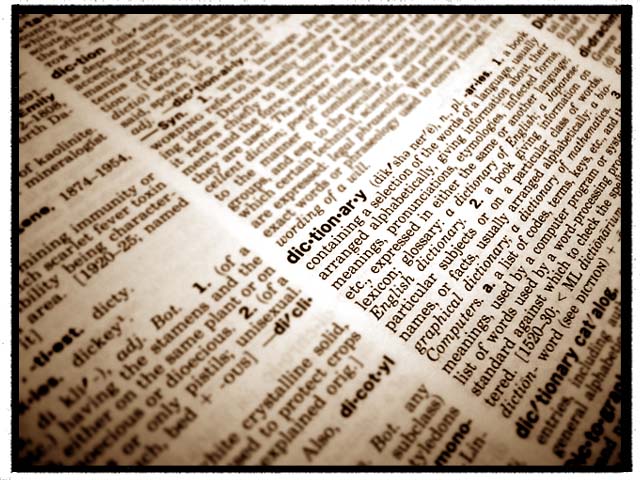 Ian Brookes is a freelance writer and editor based in Scotland. He has edited a number of dictionaries and has written books about spelling, writing, and punctuation. In this post he takes a look at where some of our words have come from.
Ian Brookes is a freelance writer and editor based in Scotland. He has edited a number of dictionaries and has written books about spelling, writing, and punctuation. In this post he takes a look at where some of our words have come from.
English has been described as a ‘magpie language’. If you look up the word magpie in the Oxford Advanced Learner’s Dictionary you will find a reference to ‘a popular belief that magpies like to steal small bright objects’. In the same way, the English language has been quite happy to steal useful words from other languages and add these to its vocabulary.
When English borrows words, it sometimes keeps the original spelling form, but sometimes it alters the spelling. As a general rule, when words are borrowed from unfamiliar, non-European languages, they are more likely to be transformed so that the spelling and pronunciation conform to familiar English patterns. Words taken from Asian, American, and African languages can appear in English with their spellings radically changed, as in the cases of chutney (from the Hindi word catni) and hickory (derived from the Algonquian pawcohiccora).
When English borrows words from European languages, however, it often preserves the original spelling and aspects of the original pronunciation. This is probably because native English speakers have some familiarity with the rules of French, German, Italian, Spanish, Latin, and Greek. So we preserve the French word brochure in its original spelling, and pronounce the -ch- as /?/ in the French manner; similarly, we preserve the Italian spelling of pizza, and pronounce -zz- as /ts/.
Here are some other patterns of spelling and sound that do not conform to the standard English rules but are found in borrowed words:
- -eau- is pronounced as /??/ in words borrowed from French, as in bureau.
- -que is pronounced as /k/ at the end of words borrowed from French, as in mystique.
- -cci- is pronounced as /t?i?/ in words borrowed from Italian, as in cappuccino.
Moreover, there are certain general rules that apply to English spelling that have to be suspended in the case of borrowed words. One of the most familiar spelling rules is that ‘I comes before E except after C’. However, caffeine and protein break this rule because they follow the pattern used in their original French and German spellings.
Less well known is the principle that native English words do not end with -a, -i, or -u. Perhaps the reason this principle is not well known is that there are so many exceptions created by borrowed words such as orchestra (Greek), spaghetti (Italian), and haiku (Japanese).
It is highly unusual to find a double consonant at the start of an English word. When it does happen, in the case of llama, again the explanation is to be found in the fact that the word is borrowed (in this case from Spanish).
Finally, we should note that the tendency of words borrowed from French, Italian, Latin, and Greek to form plurals following the pattern of their original languages (although in some more common words these inflections are not used or are regarded as alternatives to the simple addition of -s):
- French words ending in -eau form plurals that end in -eaux, as in tableaux and gateaux.
- Italian words ending in -o form plurals ending in -i, as in Mafiosi and paparazzi.
- Latin words ending in -us form plurals ending in -i, as in stimuli and fungi.
- Greek words ending in -on form plurals ending in -a, as in phenomena and criteria.
So if you were wondering why learners of English have to cope with so many exceptions, now you know the answer. It’s not the fault of English; it’s the fault of all the other languages!


Reblogged this on hungarywolf.
[…] Ian Brookes is a freelance writer and editor based in Scotland. He has edited a number of dictionaries and has written books about spelling, writing, and punctuation. In this post he takes a look a… […]
[…] Ian Brookes is a freelance writer and editor based in Scotland. He has edited a number of dictionaries and has written books about spelling, writing, and punctuation. In this post he takes a look at where some of our words have come from. […]
Thank you .. Good for my soul